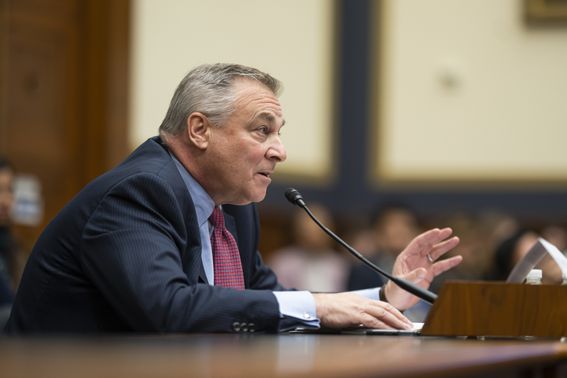
A U.S. court has approved the bankruptcy plan of the FTX cryptocurrency exchange, allowing most of its customers to reclaim their losses from 2022 in cash. The ruling solidifies the revised bankruptcy plan that had overwhelming support from the creditors – 96% of voting creditors by headcount and 98% by amount endorsed the plan. Creditors can anticipate cash repayments averaging 118% of their holdings’ value at the time FTX declared bankruptcy in November 2022, with some potentially receiving up to 140%. While this distribution surpasses what creditors expected, it falls short of matching the increases in the prices of cryptocurrencies like Bitcoin during FTX’s bankruptcy period.
During the lengthy court hearing, Judge John Dorsey listened to arguments from creditors, who voiced their objections regarding the repayment plan. Objections were raised from companies such as Celsius and Layer Zero, alongside individual creditors concerned about receiving cash instead of crypto. However, Judge Dorsey overruled these concerns.
Even with the claims about FTT token valuations, which were deemed worthless by legal counsel, the token’s value surged by 55% following the approval of the bankruptcy plan. Brian Glueckstein, representing the FTX estate, reiterated that FTT lacks any fundamental value, limited only to use on the FTX exchange which no longer operates.
Concerns surrounding the rights to recover assets in their original form were similarly dismissed after expert witnesses testified to the impossibility of such a return, citing the SF exchange’s lack of the necessary crypto assets. FTX’s ability to repay its customers stems from liquidating certain investments, including an 8% share in AI company Anthropic, sold for $884 million, along with recovering funds from the ongoing cryptocurrency market recovery since the exchange’s downfall.
FTX’s current CEO, John J. Ray III, took charge as part of navigating the estate’s path towards recovery, following the significant financial mismanagement by former CEO Sam Bankman-Fried. The court concluded that restoring customer crypto holdings directly would be impractical; however, discussions are underway for potential stablecoin distributions to creditors, despite previous objections from the Securities and Exchange Commission.


